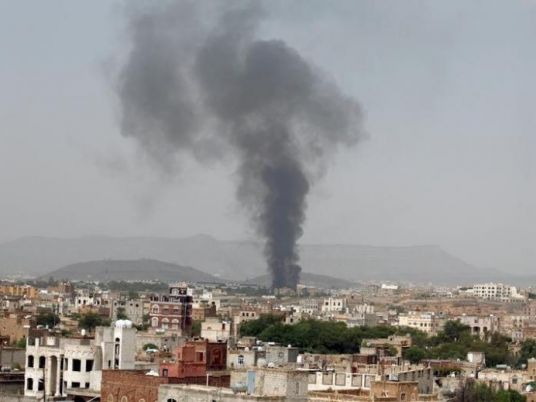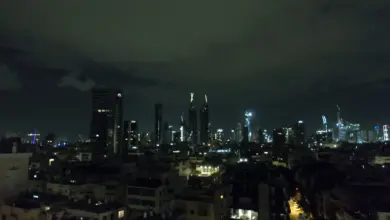
Yemen's government has requested that the United States stop ground operations in the country unless it has the government's full approval after an anti-terror raid authorized by US President Donald Trump killed civilians, two senior Yemeni defense officials told CNN on Wednesday.
The Yemeni officials said the government had sent a firm message to the US administration condemning the January 29 operation that left one US Navy Seal dead along with Yemeni women and children, complaining of a lack of coordination with its officials.
A US defense official, however, told CNN that "nothing has changed" in terms of restrictions on American counter-terrorism efforts. The defense official said Yemen officials were notified of last month's raid before it happened.
And acting US State Department spokesman Mark Toner told CNN on Wednesday that counterterror operations are "consistent with international law and in coordination with the government of Yemen."
"We will not relent in our mission to degrade, disrupt and destroy al-Qaeda and IS," Toner said.
The operation, according to US defense officials, was geared toward collecting as much intelligence as possible on al-Qaeda in the Arabian Peninsula, or AQAP, to facilitate future raids and strikes against the extremist group and prevent terror attacks.
Intelligence collection wasn't the only objective of the raid — the group's leader Qassim al-Rimi was also a target, a senior US military official told CNN on Monday.
Toner added: "Yemen suffers most directly from the threat of AQAP, and [President Abdu Rabbu Mansour Hadi] has been a stalwart partner in the fight against AQAP and IS. We will continue to work with him and his representatives to ensure that this important partnership remains solid in order to ultimately eradicate AQAP/IS from Yemen."
One of the Yemeni officials told CNN on Wednesday: "the green light the US had for conducting ground missions is now red."
"That's what happens when a mission goes wrong," said the official on condition of anonymity, adding that military leaders were unaware of the operation.
"From the intelligence we have, conducting a raid was the wrong option and failure was written all over it. The only side that gained is al-Qaeda."
The two Yemeni officials are loyal to the internationally recognized government of Hadi, whose administration operates from the southern city of Aden. Houthi rebels have taken over the capital, Sanaa, and other key parts of the country.
'In the hot seat'
Reportedly among the dead was the 8-year-old the daughter of Anwar al-Awlaki, the late US-born cleric who directed attacks against the United States. Awlaki was killed in 2011.
Reprieve, a London-based non-governmental organization, and a Sanaa-based human rights worker told CNN that at least 23 civilians were killed in the January attack.
One of the Yemeni officials said that Yemen did not want to lose the United States as a key ally, "but their actions and killing of innocent civilians are putting us in the hot seat in front of our people."
The raid was the first authorized by Trump shortly after he took the oath of office, but multiple officials told CNN the mission had been planned months in advance and briefed to President Barack Obama.
Both defense and Obama administration officials said the operation was never vetoed by Obama and that "operational reasons" were why it was pushed back after January 20 and why Obama left the task of authorizing the raid to his successor.
Journalist Hakim Almasmari reported from Sanaa, and CNN's Angela Dewan wrote and reported from London.




